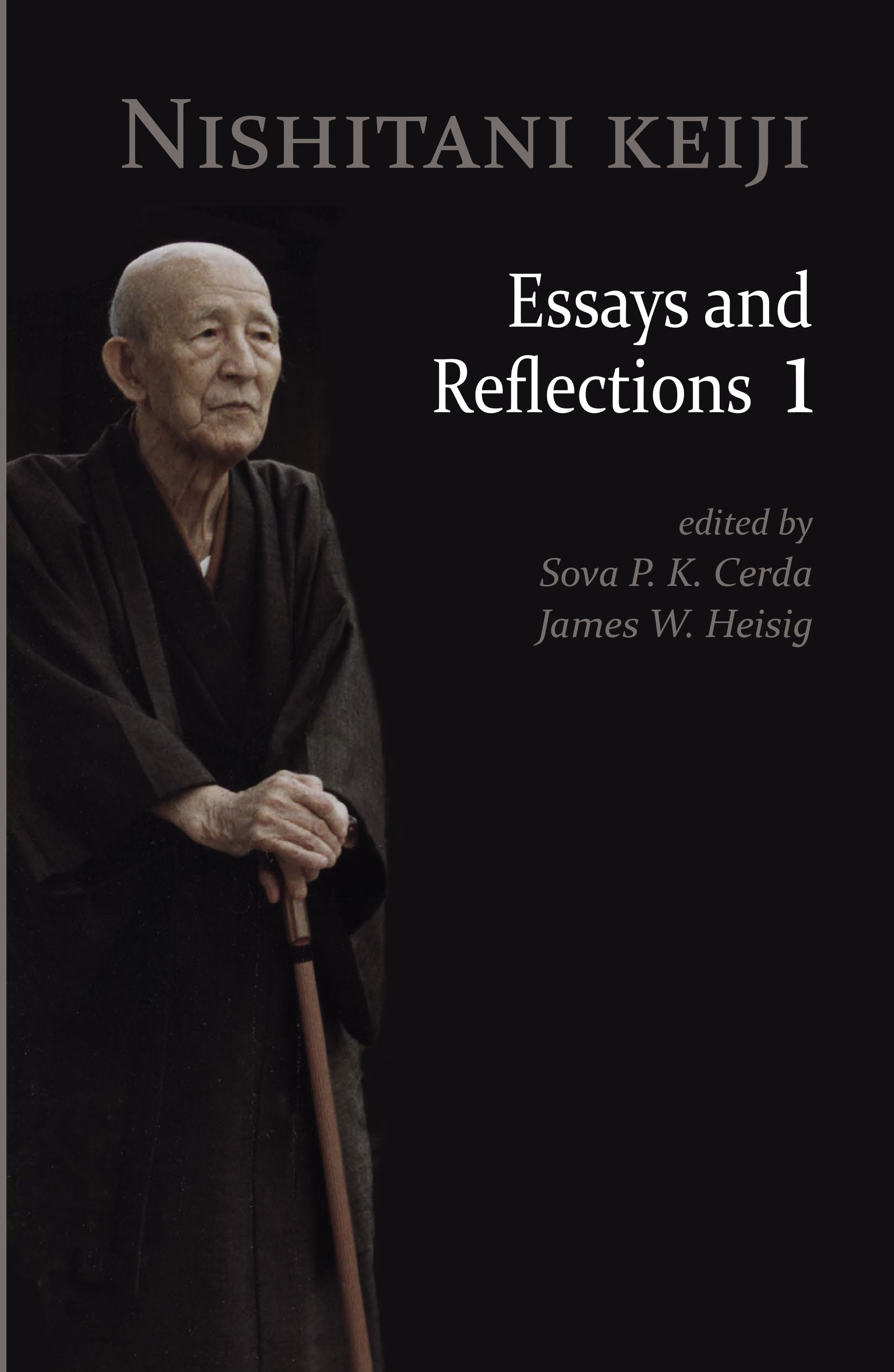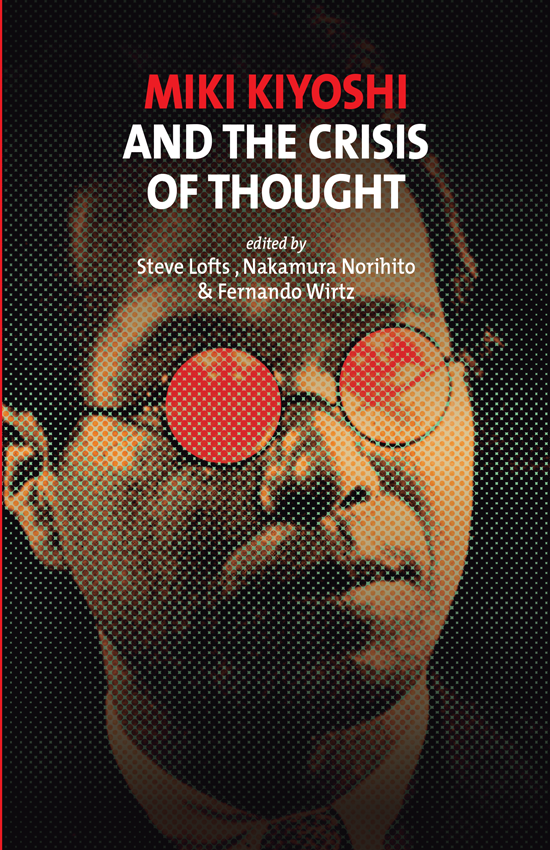Forthcoming & Recent titles
This pioneering volume lays the basis for a full-scale dialogue between two traditions long kept apart: Buddhism and Neoplatonism. The fourteen authors, all seasoned specialists, course through questions of metaphysics, epistemology, ethics, religion, and history. Both scholars and enthusiasts will find much here that is intellectually gripping, presented in nuanced, sophisticated, but accessible language and with vivid examples. Each contributor brings seasoned scholarship and years of intensive reflection to their chosen theme, producing an unprecedented and indispensable vademecum for a dialogue between Buddhism and Neoplatonism.
On important points, phenomenology and Christianity meet without possibility of assimilation. At the threshold of their encounter, each learns more of what it truly is from a realization of what it is not. The texts collected here are oriented by this conviction, and pursue an account of Christian experience within the limits that it anticipates. Essays on topics such as prayer, theophany, and the theological virtues develop positive analyses until arriving at phenomena that must remain contested by the two approaches. The work as a whole also begins to outline an interpretation of the Christian relation to the emergence of the secular in North Atlantic culture.
Karl Jaspers (1883–1969) stands as one of the pillars of twentieth-century intellectual history for his groundbreaking engagement with philosophies outside mainstream western thought. This volume brings contributions from the cultural perspectives of Europe and Japan aimed at bringing Jaspers’ philosophy into more nuanced dialogue with both. Its ten essays explore themes in Jaspers’ thought related to religion, technology, and science, weaving in insights from his students and influential figures who intersected with his work. Together, they seek to illuminate elements of Jaspers’ legacy that warrant further exploration.
Le deuxième tome de l'ouvrage Scripts philosophiques se présente sous la forme d'un lieu de multiplicités philosophiques. Qu’est-ce qui les tient ensemble ? Une fidélité, à la philosophie sans doute, une fidélité au réel surtout. Contempler les philosophies dans leur multiplicité change l’écriture philosophique. La multiplicité fonctionne comme une plateforme, voire un ensemble de plateformes superposées, où il est possible d’extraire des fragments à recomposer autrement. Les concepts sont les voyageurs entre les plateformes et charrient des extraits qui s’adaptent graduellement à leur nouveau lieu.
This, the first of two volumes of translations by the celebrated Japanese philosopher Nishitani Keiji, contains a collection of 17 essays on general Buddhist thought and Zen, and reflections on the modern world, rounded off by 7 records of interviews and personal reminiscences. Together they give us a portrait of the opening of Japanese philosophy to the wider world and a challenge to its customarily Eurocentric inclinations. The range of Nishitani’s knowledge of Buddhism, Christianity, and the intellectual history of thought from the ancient world down to the present is both astonishing and illuminating.
This second of two volumes of translations by the celebrated Japanese philosopher Nishitani Keiji, comprises contains a collection of 14 essays on philosophy and religion, myth and religion, and the encounter with modern science and technology. 2 pieces on literature and the arts, and 3 dialogues with leading scholars from Japan and abroad round out this picture of an extraordinary mind whose influence, both personal and academic, has helped gain international recognition for traditions of thought long underappreciated in Western philosophical circles.
The Daodejing strikes the reader by its immediacy and its concision. At the same time, it is impossible to comment on it without referring to the traditions it has generated. Some of them are mainly concerned with "natural processes.” For other readers, the very contemplation of naturalness leads to its transcendence. This book endeavors to read the Daodejing with its Chinese commentators, its contemporary exegetes, the Pseudo-Denys and Meister Eckhart. By doing so, it shows this short treatise to be as inexhaustible as the mystery towards which it points.
All’interno della pratica buddhista, la morale è sempre stata considerata un elemento essenziale per il raggiungimento del nirvāna. Tuttavia, da un punto di vista storico, il Buddhismo ha solo occasionalmente offerto una riflessione incentrata sui concetti e sui principi necessari per la fondazione e l’elaborazione di un discorso etico. Il testo affronta alcune questioni di etica sociale e di bioetica mediante un’accurata analisi dell’insegnamento del Buddha e delle tradizioni successive, oltre che delle norme di disciplina monastica inclusi nel Canone Pāli.
The twelfth-century Chinese text Dahui’s Letters is one of the few classical Chinese Chan works that offers practical, concrete advice on the actual practice of meditation and on the mental attitudes necessary for awakening. As such it has provided a source of inspiration and guidance for Chan monastics and laypeople alike throughout the centuries since its publication. Consisting of sixty-two letters by the great Song-dynasty Chan master Dahui Zonggao (1089–1163), the book covers a number of subjects, ranging from Daoist philosophy to sutra translation, but focuses especially on the effective use of koans as an aid to awakening. Dahui’s Letters initiated a shift in the way meditation was practiced throughout the Buddhist nations of East Asia, and remains an influential and much-studied work to the present day. The present translation includes the original Chinese text, a historical introduction, English translations, and extensive notes.
Miki Kiyoshi (1897–1945) is arguably one of the most underappreciated thinkers of the Kyoto School—certainly outside of Japan. This collection examines his life and thought as someone who “continuously wandered in search of his own path.” The first three essays examine his confrontation with Neo-Kantianism, Heidegger, and Marxism. The next four essays focus on his philosophy history, technology, anthropology, and the logic of imagination. The final three essays present Miki’s intellectual journey beyond the confines of the Academy: his work as an editor, journalist, and public intellectual, and the reception of his thought in Korea.
この本の基本テーゼは、神学がいつもある特定の場所において行われるという自覚である。ある特定の場所の中で行われる神学、言い換えれば、ある特定の場所で自覚され、また書かれる神学は、その場所と場所の間を往復することにより自分の進めるべき道を探るのである。この本に収録されて諸論文は、筆者がいろいろな学術雑誌に掲載していただいたものや、講演を依頼されて作成した原稿を基にしたものである。ここで筆者は、ほかの宗教や自然科学、そして文学との出会いによって作られた場所の中でキリスト教神学はどのような道を歩むことになるのか、そしてまたその結果はどのようなものになりうるのか、という問いへの答えを試みたのである。
The 2024 issue of the EJJP features articles on Toda Tōru, Nishitani Keiji and Nishida Kitarō; translations of Nishida, Nishitani, Takahashi DSatomi, Nakai Masakazu, and Nakai Masakazu; a review symposium on Graham Mayeda's Japanese Philosophers on Society and Culture; and reviews of recent books.












